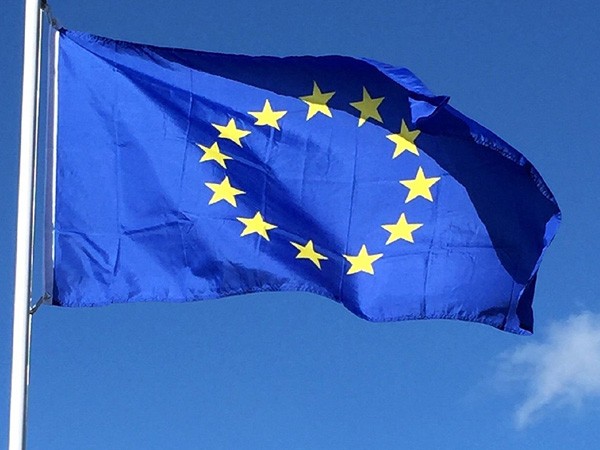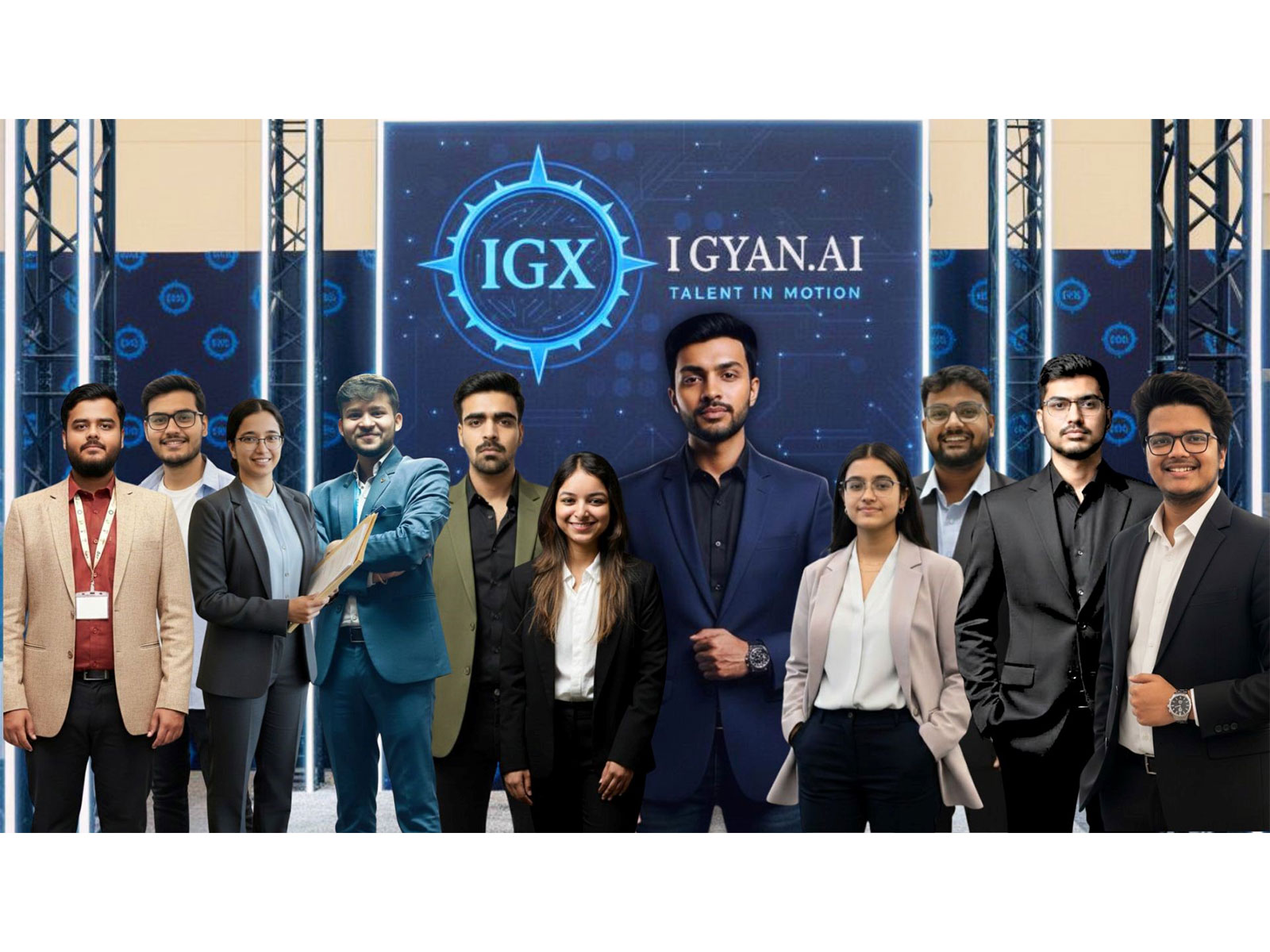EU approves Germany's 5-bln-euro subsidy for semiconductor plant
Aug 21, 2024
Brussels [Belgium], August 21: The European Union (EU) has approved a 5-billion-euro (5.56 billion U.S. dollars) state subsidy from Germany to support the construction and operation of a new microchip manufacturing plant, the European Commission announced on Tuesday.
The facility, known as the European Semiconductor Manufacturing Company, will be located in the city of Dresden in eastern Germany. It is expected to reach full operational capacity by 2029, with an annual production of 480,000 silicon wafers.
According to the European Commission, the plant will produce chips using 300 mm silicon wafers, with node sizes ranging from 28/22 to 16/12 nanometers, primarily targeting automotive and industrial applications.
The project aligns with the EU's plan of doubling its global market share in semiconductors to 20 percent by 2030, as outlined in the European Chips Act.
Europe has traditionally been reliant on the import of chips and wafers. The European automotive sector has been hard hit in recent years by a lack of semiconductors, severely limiting the industry's capacity.
Aiming to mobilize more than 43 billion euros from public and private investments, the European Commission introduced the EU Chips Act in 2022 to achieve its strategic independence from semiconductor imports, enabling it to react faster to supply chain issues. (1 euro = 1.11 U.S. dollar)
Source: Xinhua








